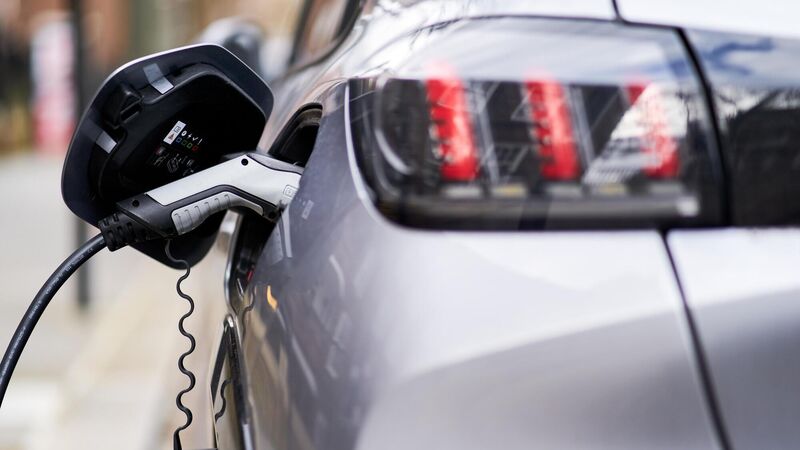Carmakers warn of challenging year amid waning demand for electric cars

Carmakers have said that waning demand for electric cars and rising costs are impacting profits.
Carmakers across Europe and Asia have warned that 2024 will be a challenging year as costs continue to rise and the demand for electric cars slows — impacting profits.
Luxury car manufacturer Mercedes-Benz Group has now said it will continue to sell combustion-engine cars for longer than expected amid disappointing electric car sales. The German company previously said it would stop selling combustion vehicles by 2030.














